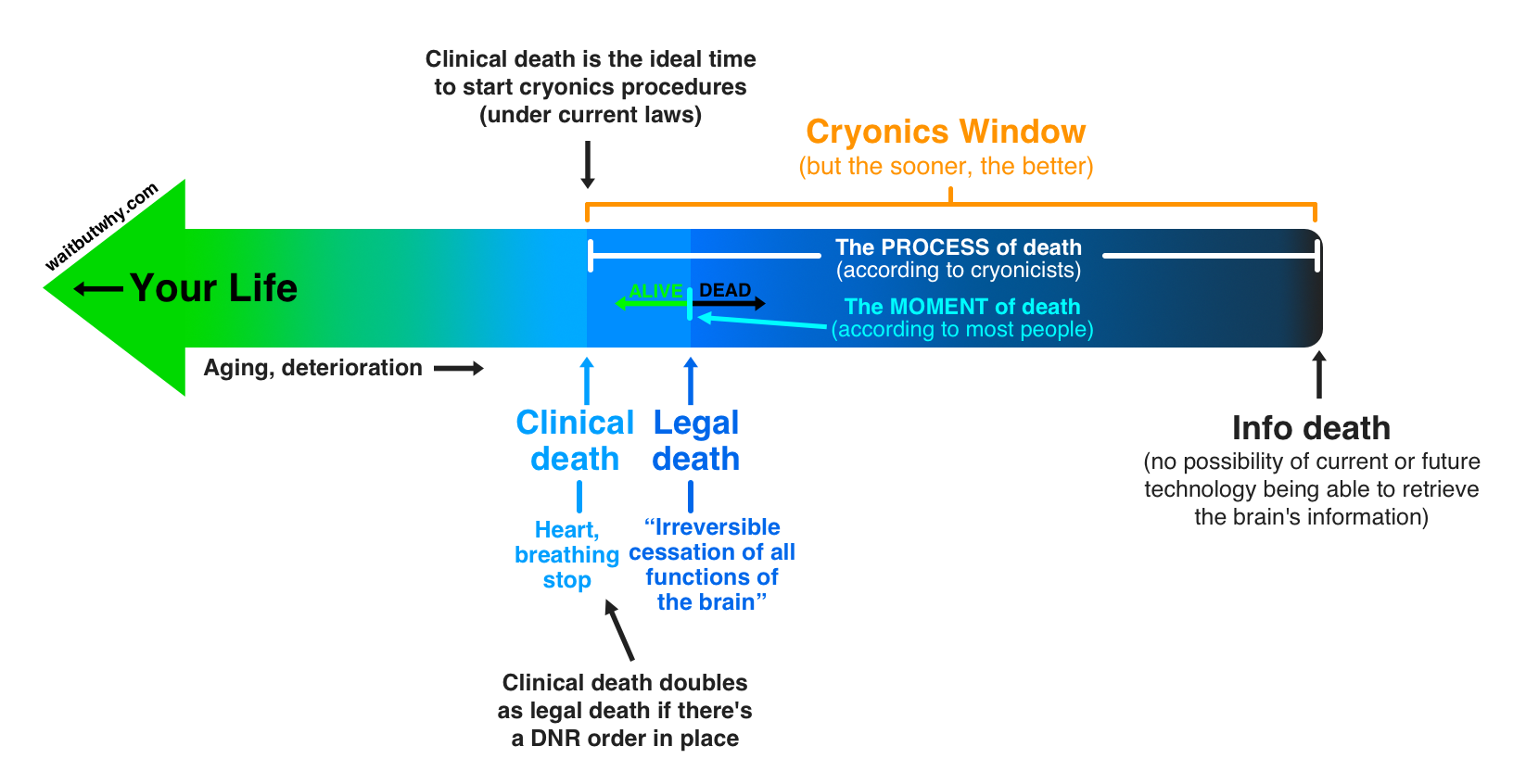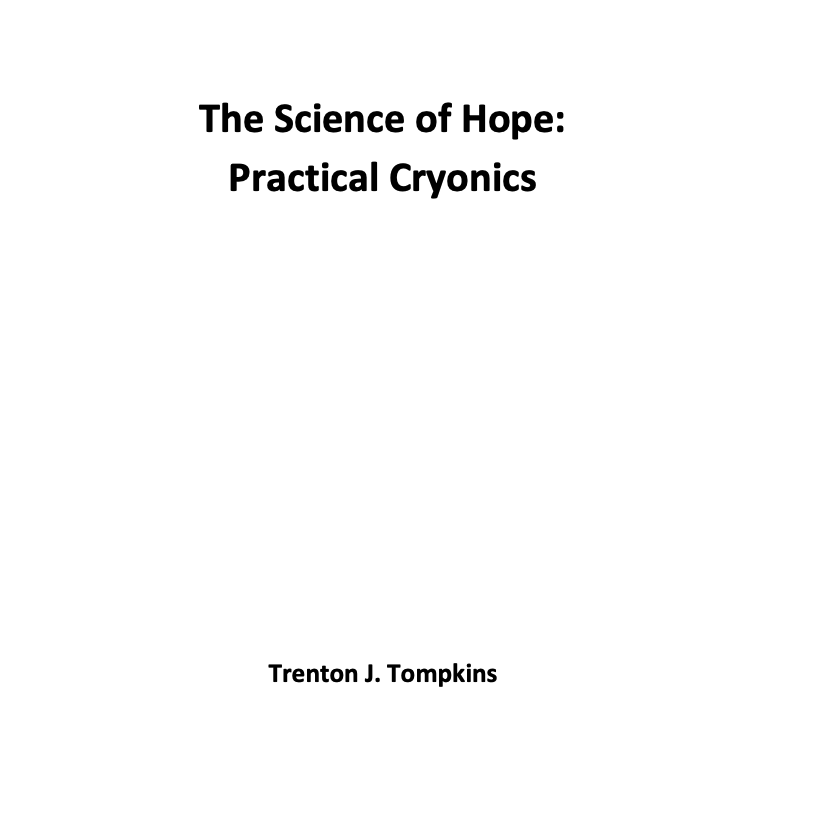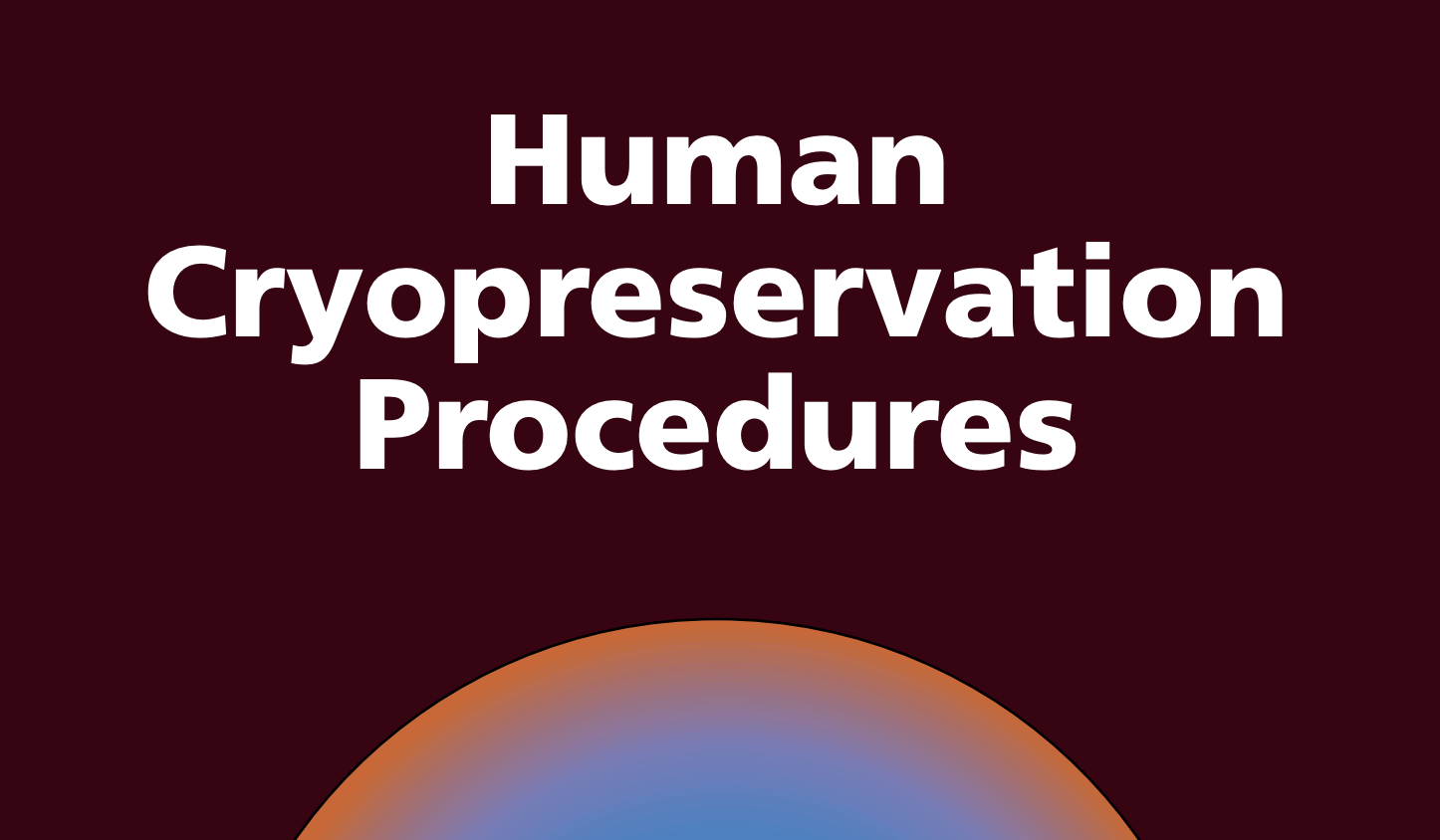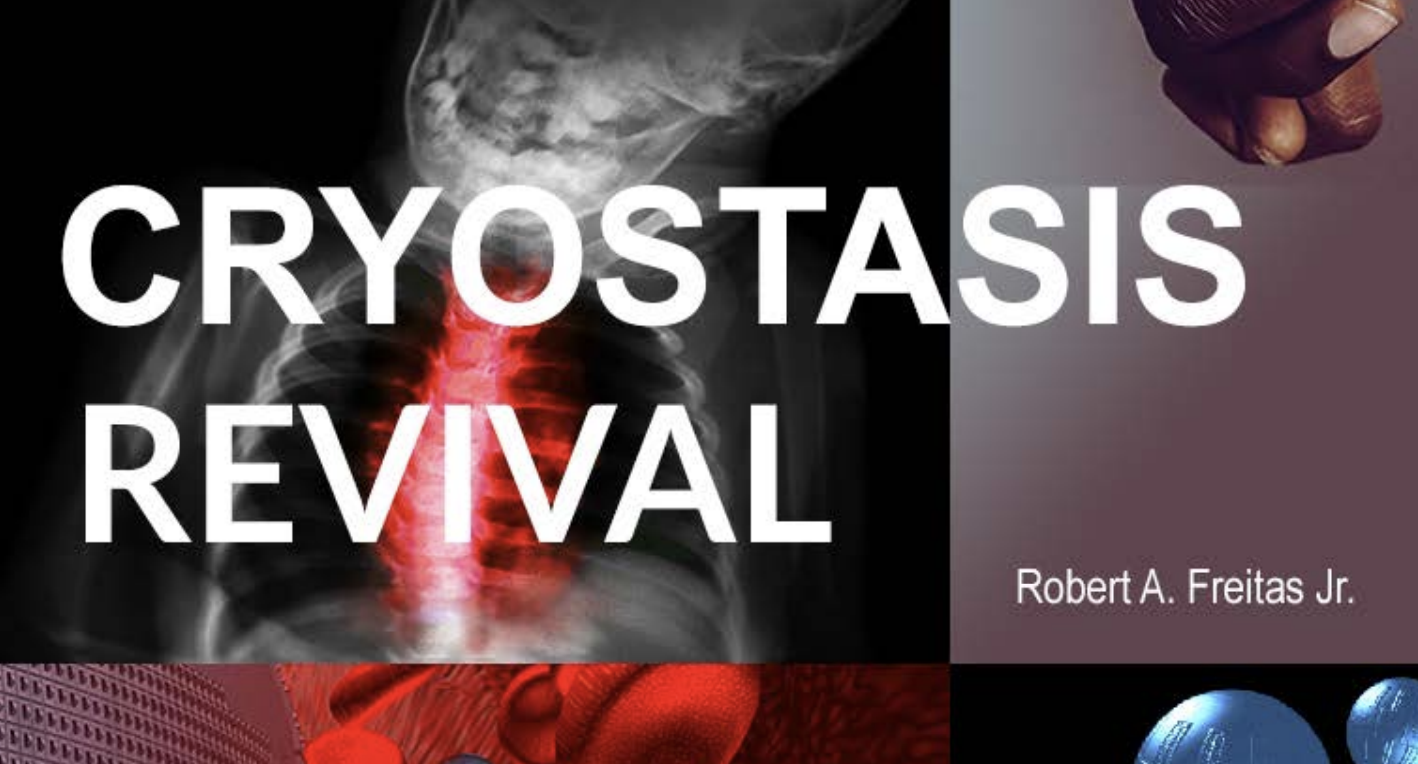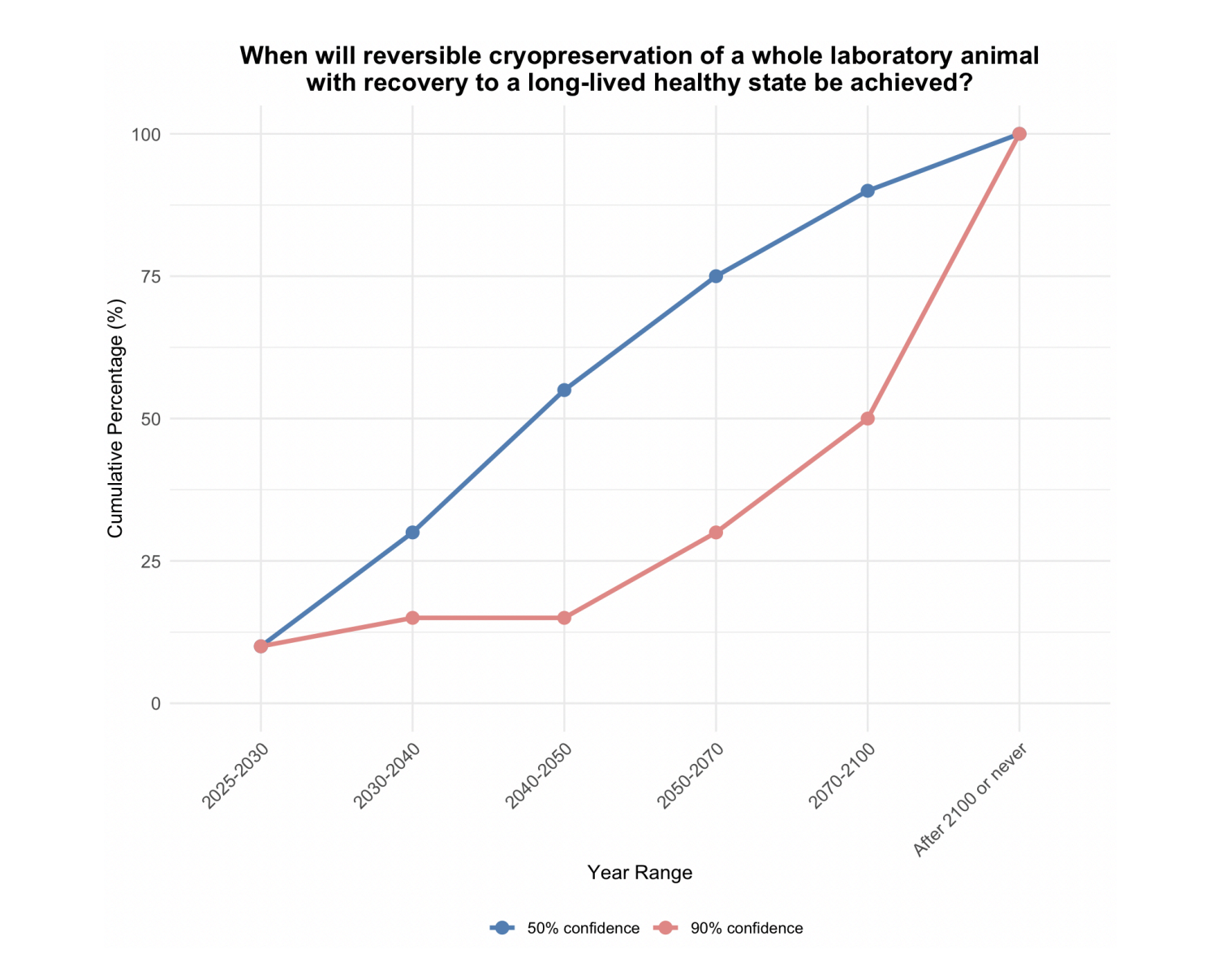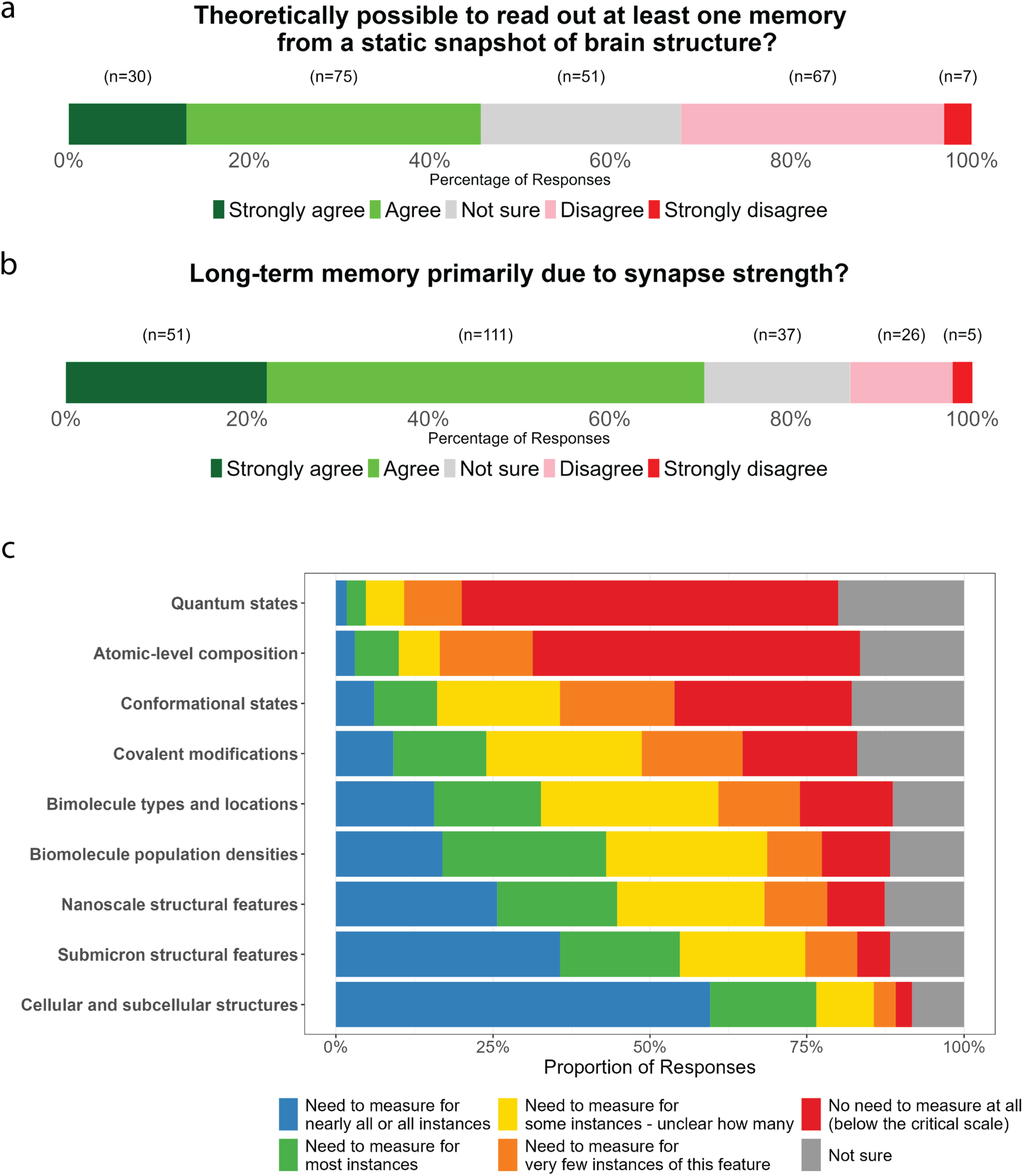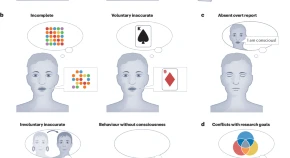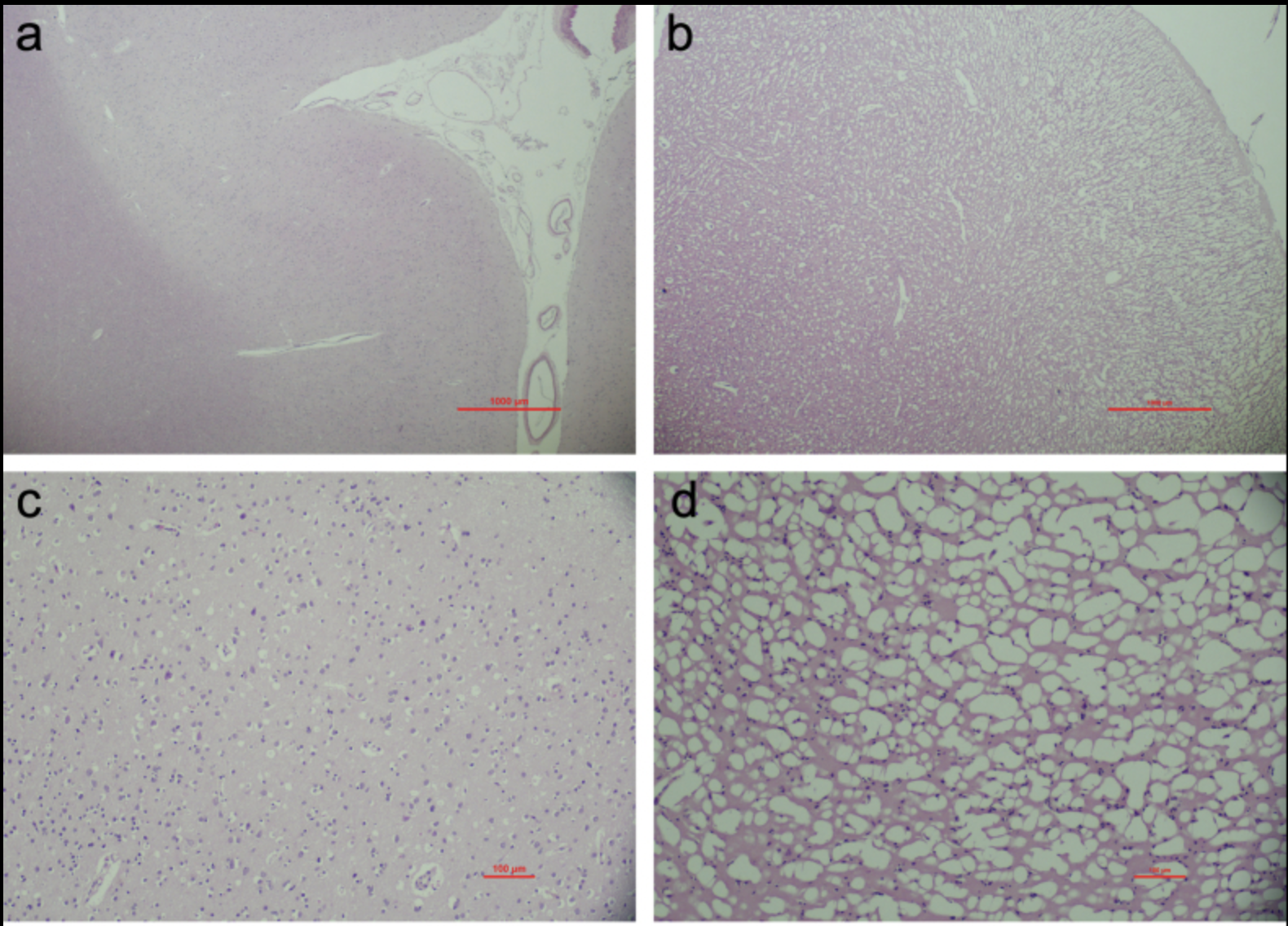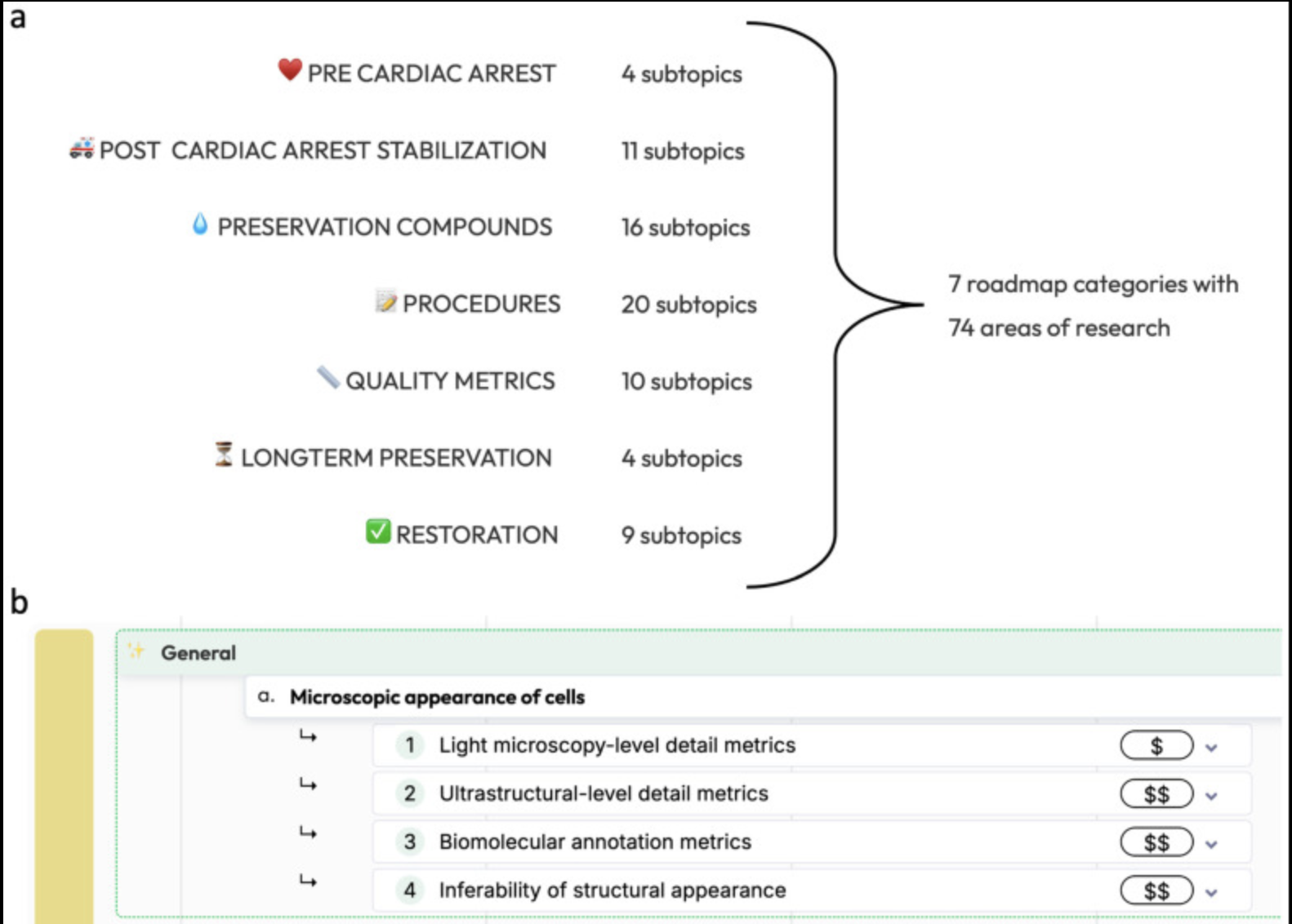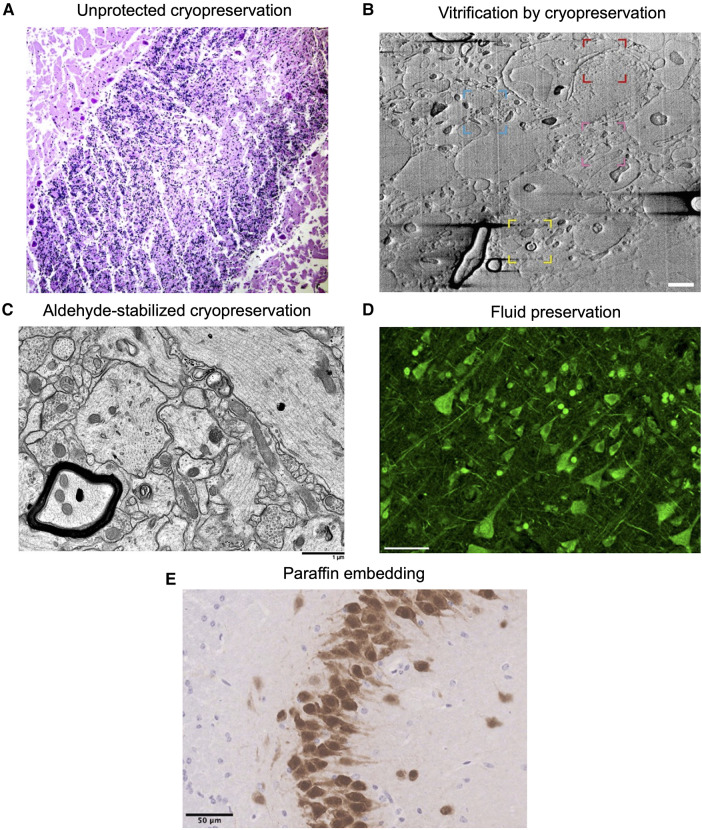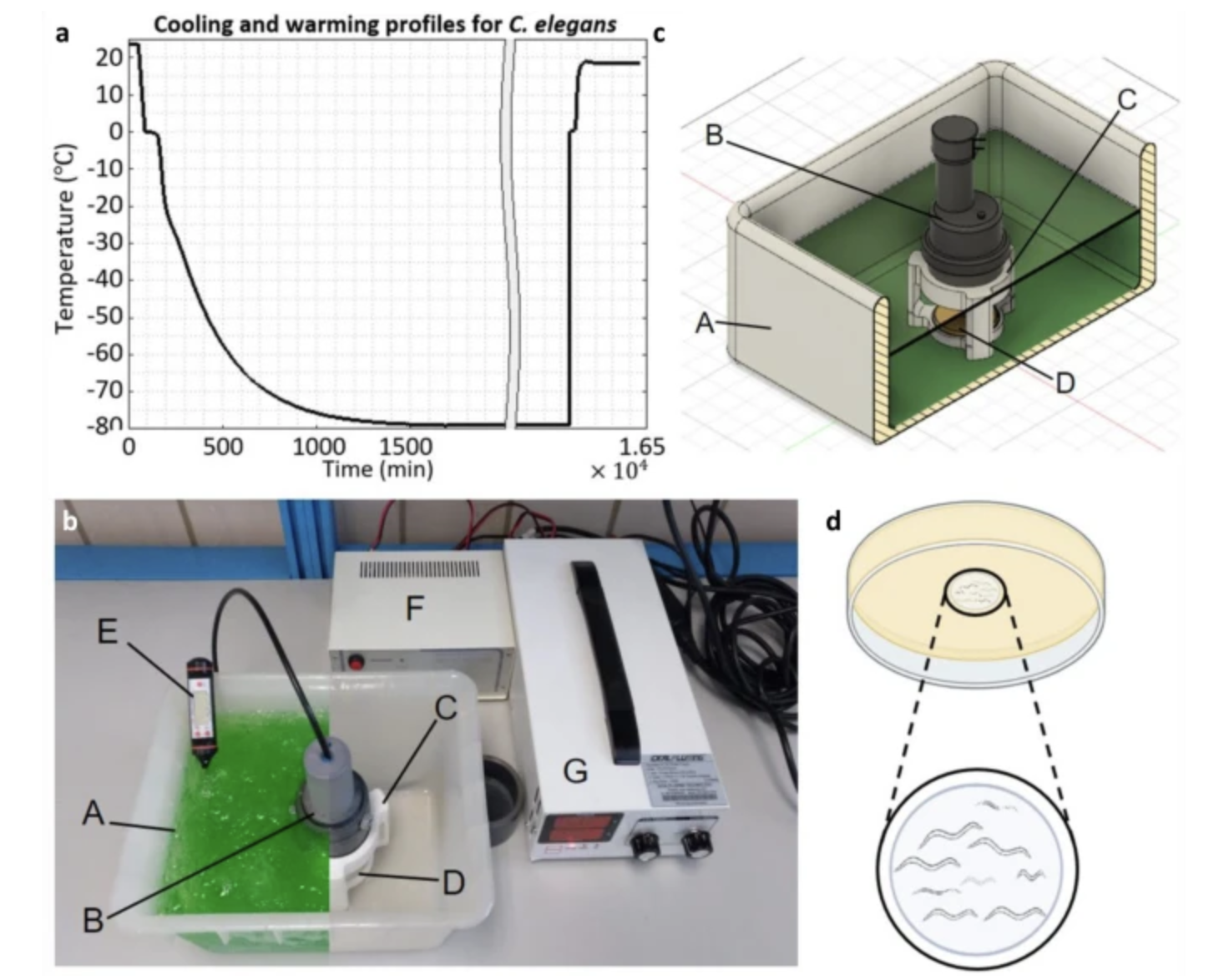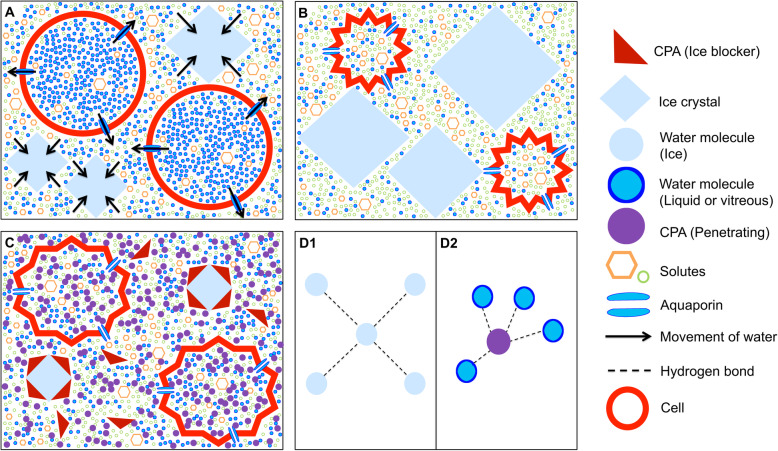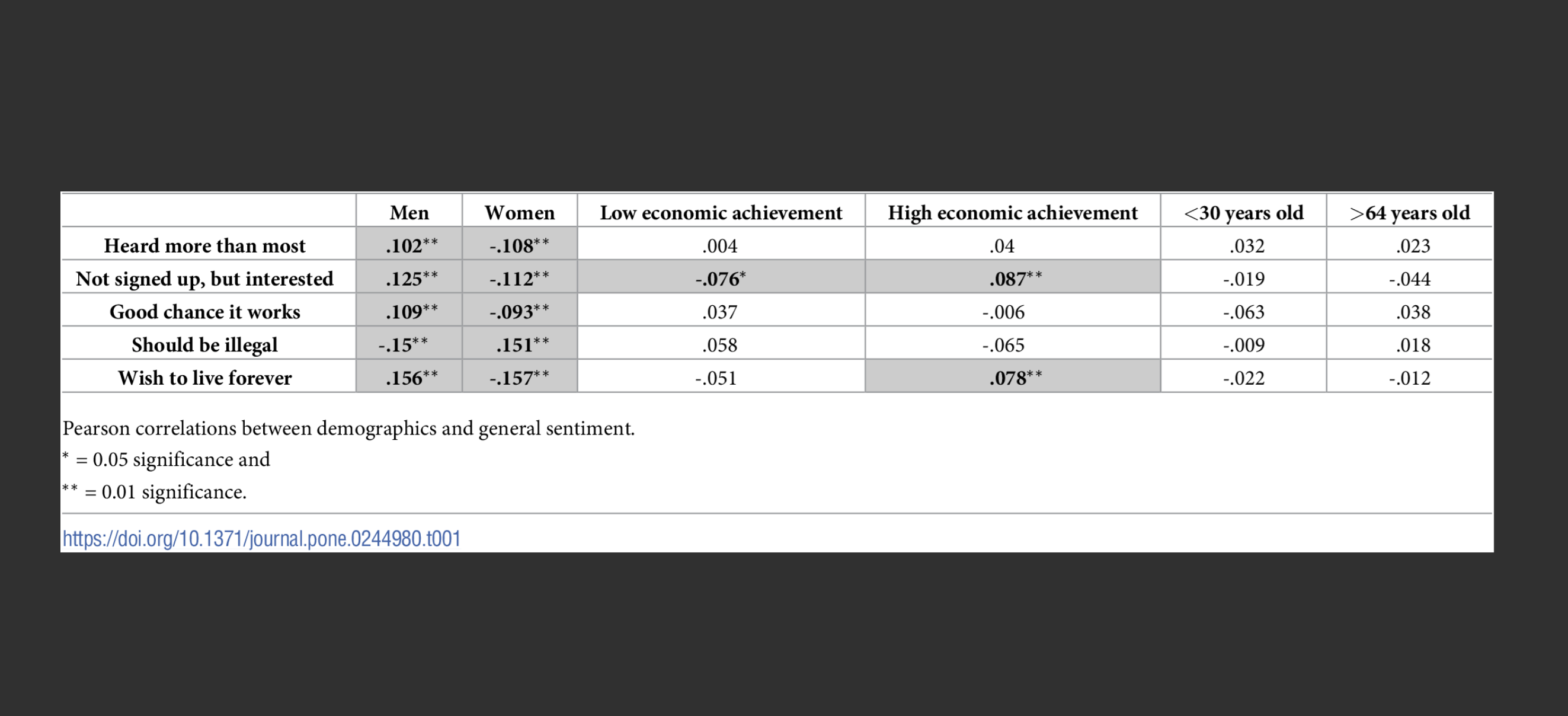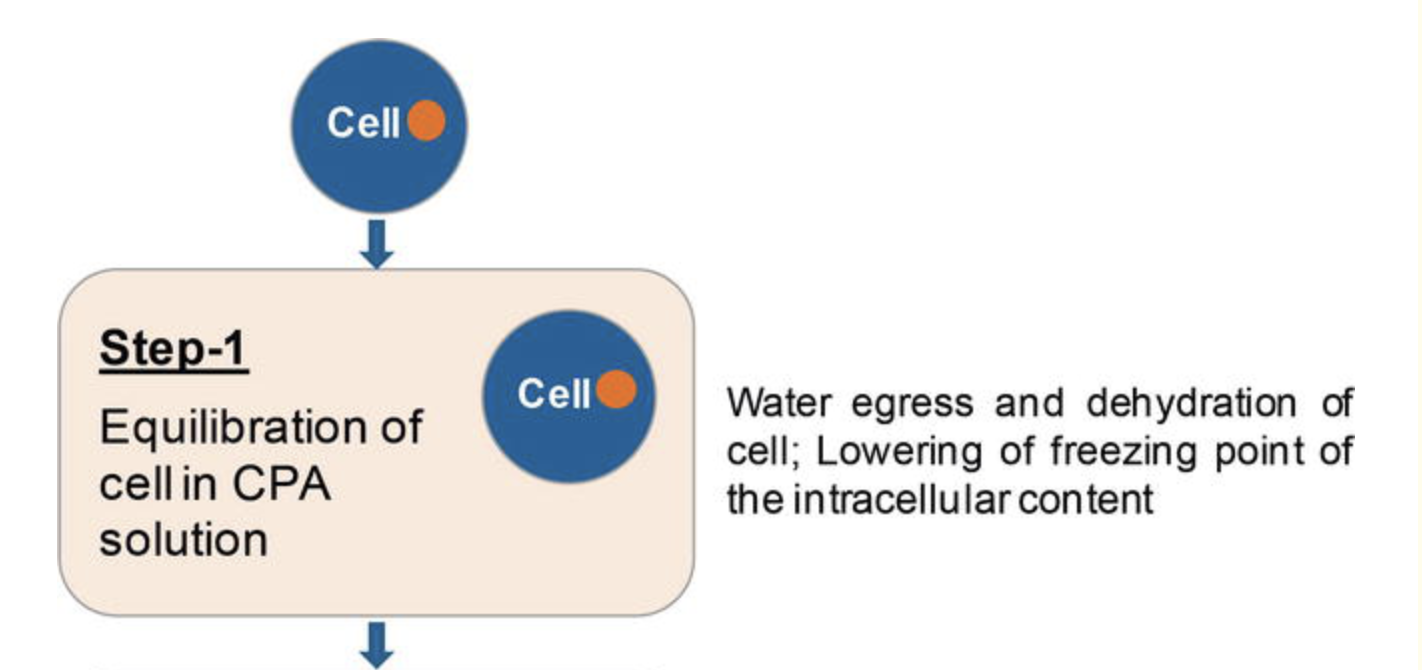Willkommen zurück, Vorname!
Mitglieder-Briefing

Alessia Casali
April 10, 2025
SST training: From the US to Berlin
Jetzt lesen.png)

Alessia Casali
January 13, 2025
What’s coming in 2025? Spoiler: A lot!
Jetzt lesen.png)

Alessia Casali
November 14, 2024
👉 Teile deine Erfahrung und erhalte einen Amazon-Gutschein im Wert von 20€!
Jetzt lesen.png)
Why Revival Is Still Not Possible?
Video
Dr. Emil, CEO of Tomorrow Bio, explains why cryogenic revival isn't yet possible. He covers critical issues like cooling and warming challenges, cellular damage, and medical obstacles, offering clear insights into this complex topic.
Artikel aufrufen

Ressource herunterladen

How Much Does Cryonics Cost?
Video
In this video, Tomorrow Bio breaks down the cost of cryonics (or cryopreserving your body) and what you get for your money.
Artikel aufrufen

Ressource herunterladen

Why Cryonics Makes Sense
Article
An in-depth look at cryonics’ history, science and ethics—arguing that low-temperature preservation of humans is a logical, experimental ‘parachute’ against inevitable death. By Tim Urban.
Artikel aufrufen

Ressource herunterladen

The science of Hope: Practical cryonics
E-Book
A thought-provoking guide to modern cryonics that explores the science behind preservation, the philosophy of identity, and bold theories on future revival, offering both clarity and hope to those considering life beyond clinical death.
Artikel aufrufen

Ressource herunterladen

Human Cryopreservation Procedures
E-Book
Ebook written by Aschwin de Wolf and Charles Platt describing basic principles of how human cryopreservation works in practice.
Artikel aufrufen

Ressource herunterladen

Practitioner forecasts of technological progress in biostasis
Published
Herausgegeben von
Arxiv
auf
July 28, 2025
Authors:
Andrew T. McKenzie, Michael Cerullo, Navid Farahani, Jordan S. Sparks, Taurus Londoño, Aschwin de Wolf, Suzan Dziennis, Borys Wróbel, Alexander German, Emil F. Kendziorra, João Pedro de Magalhães, Wonjin Cho, R. Michael Perry, Max More
A forecasting study with 22 biostasis experts highlights key challenges and future prospects in cryopreservation, from biomarkers to revival strategies like whole brain emulation and molecular nanotech.
Zeitung lesen

What are memories made of? A survey of neuroscientists on the structural basis of long-term memory
Published
Herausgegeben von
PLOS One
auf
June 24, 2025
Survey of 312 neuroscientists reveals 70.5% believe memories are stored in neuronal connectivity, with median 40% probability that memories could be extracted from brain structure. Experts predict whole brain emulation feasibility for humans around 2125, with implications for memory preservation technologies.
Zeitung lesen

Sleuthing subjectivity: a review of covert measures of consciousness
Published
Herausgegeben von
Nature
auf
May 23, 2025
Authors:
Sharif I. Kronemer, Peter A. Bandettini & Javier Gonzalez-Castillo
Consciousness is private, typically inferred through observable behaviors, but these can be unreliable or unavailable. This review explores emerging covert measures—eye, skin, respiratory, and heart signals—to detect consciousness without overt behavior, discusses distinguishing conscious from unconscious processing, and considers ethical implications.
Zeitung lesen

Cryopreservation of brain cell structure: a review
Published
Herausgegeben von
Pubmed
auf
December 11, 2024
Comprehensive review of 97 studies examining cryopreservation effects on brain tissue structure identifies three main approaches: cryofixation, freezing, and cryoprotectant-based methods. While current techniques provide adequate quality for some applications, improved methods are needed for larger brain samples with excellent structural preservation to avoid ice crystal damage.
Zeitung lesen

Biostasis: A Roadmap for Research in Preservation and Potential Revival of Humans
Published
Herausgegeben von
Pubmed
auf
September 21, 2024
Authors:
Emil F Kendziorra, Andrew T McKenzie, Brian Wowk, Anton Arkhipov, Borys Wróbel, Nathan Cheng
Research roadmap for human biostasis outlines strategies to improve preservation of the brain when quality life extension is no longer possible. Focuses on optimizing preservation protocols, establishing quality metrics, and addressing pre/post-cardiac arrest factors, while acknowledging theoretical nature of future revival technologies and need for high-fidelity brain preservation.
Zeitung lesen

Structural brain preservation: a potential bridge to future medical technologies
Published
Herausgegeben von
PubMed
auf
September 09, 2024
Authors:
A. McKenzie, E. Kendziorra, A. Zeleznikow-Johnston, J. Sparks, O. Nnadi, J. Smart, K. Wiley, M. Cerullo, A. de Wolf, F. Minerva, R. Risco, G. Church, J. de Magalhães,
Review explores structural brain preservation methods for potential future restoration, examining cryopreservation, aldehyde-stabilized cryopreservation, and fluid preservation approaches. Authors argue contemporary preservation techniques have non-negligible success potential and warrant serious scientific research despite ethical and legal complexities surrounding theoretical recovery technologies.
Zeitung lesen

Sound waves for solving the problem of recrystallization in cryopreservation
Published
Herausgegeben von
Nature
auf
May 10, 2023
High-intensity focused ultrasound enables rapid, uniform rewarming of cryopreserved C. elegans, offering an approach to prevent recrystallization in organ biobanking
Zeitung lesen

Winter is coming: the future of cryopreservation
Published
Herausgegeben von
Pubmed
auf
March 24, 2021
Review of cryopreservation methods reveals widespread biomedical applications in organ transplantation, regenerative medicine, and drug discovery. Main challenges include scaling to large volumes, preventing ice formation, and reducing cryoprotectant toxicity, with promising future prospects for organ banking.
Zeitung lesen

Comprehensive survey of United States internet users’ sentiments towards cryopreservation
Published
Herausgegeben von
PLOS one
auf
January 28, 2021
Survey of 1,487 US internet users reveals 75% are familiar with cryopreservation, 20% express interest in signing up, but only 6% have decided to pursue it. Study finds significant gap between public interest and actual participation, with misconceptions about costs and success rates being key barriers.
Zeitung lesen

Cryopreservation of Oocytes and Embryos: Current Status and Opportunities
Published
Herausgegeben von
Intechopen
auf
December 18, 2018
Overview of oocyte and embryo cryopreservation: principles, techniques, and applications in assisted reproduction, animal breeding and biodiversity conservation.
Zeitung lesen

.png)
.png)

.png)














